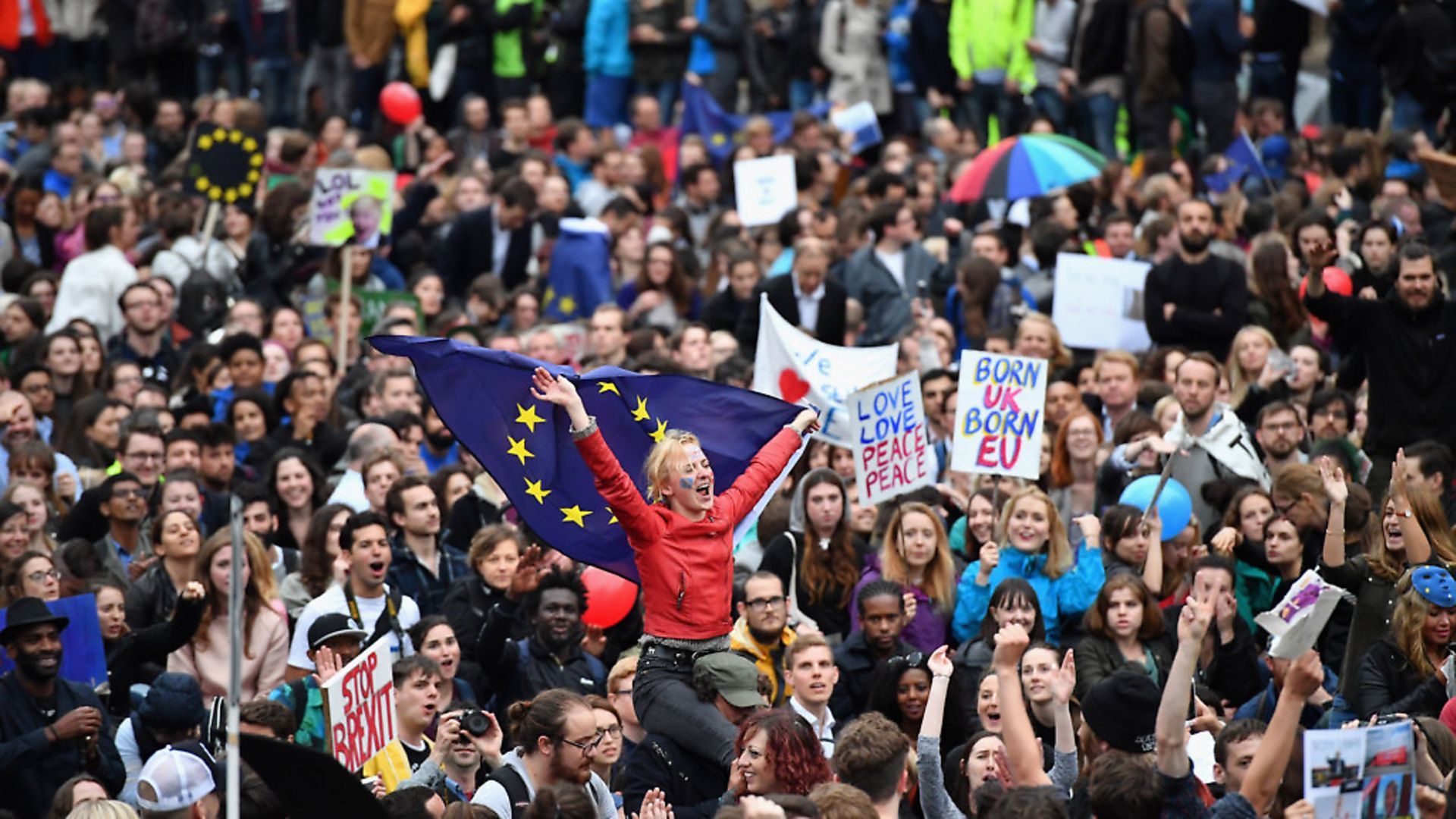
The prospect of a soft Brexit may seem to offer some solace to Remainers. But, says former government trade advisor Jim Fanshawe, it is still a path beset with pitfalls.
The Irish border deal hammered out to get the Brexit negotiations through the first phase has inadvertently edged Britain towards a softer deal than was previously predicted. But is this the safe and secure scenario we have been led to believe?
The truth is that labels like ‘hard’ and ‘soft’ Brexit are partisan and deeply misleading. The former makes leaving the European Union sound painful and damaging, suggesting isolation and a bleak economic future. The latter conveys a comfortable, cosy relationship with the EU – the safety net that we are still very much ‘part of the club’.
But a soft Brexit comes with its own set of pitfalls making it – in some respects – as hazardous as a ‘no deal’ scenario. After all, it involves a trade-off between control and economic benefits. The more you cooperate with other countries, the more control you relinquish. The more control you retrieve, the more barriers you put up against cooperation.
There is a spectrum of ‘soft’ Brexit options on the table. The standard definition of the term is to leave the EU but stay in the single market and customs union. Meanwhile, if the UK does not agree a deal continuing ‘tariff-free’ trading within the EU single market then it will be seen as having opted for a ‘hard’ Brexit. But this is a very simplistic approach. Leaving the EU but staying in the single market and customs union means you have to accept EU rules governing it without being in the forum which decides them. Yes, you have access to half a billion customers, goods and many services could cross the border without being checked, making exporting easier and imports cheaper. And you do not have to complete any laborious paperwork.
But you still have that problem of being subject to single market rules you were not in a position to formulate.
This would mean being forced to sit there while the EU comes up with a deal, but no longer being able to vote on or influence it. One ‘soft’ Brexit scenario has been to stay in the single market but leave the customs union. A bespoke deal could see us replicate the scenario of countries like Norway, a member of the European Free Trade Association. Most Efta members are in the single market via the European Economic Area (EEA) but none of these countries are EU members although they have to pay a substantial contribution to its budget.
They are exempt from EU policy on justice, home affairs, foreign policy, defence, agriculture and fisheries. But they do have to accept free movement of goods, services, capital and people.
This kind of Brexit largely removes the threat of a cliff edge where the UK drops out the EU with no deal and a black hole in its regulatory infrastructure. It would allow us to sign our own trade deals outside of that EU straightjacket and get better terms. But doing so would mean facing up to the chance of an imposition of tariffs on our largest export market, plus the sudden introduction of time-consuming country-of-origin checks.
The economic benefits of single market ‘membership’ are also wildly overstated and may even be negative. Membership means all UK firms – including the estimated 95% that don’t export to the EU – must comply with often unnecessary, expensive EU rules.
Additionally, many EU nations refuse to drop barriers to imports of certain services – which severely penalises the UK, the world’s second-largest services exporter.
We could do the opposite of course – stay in the customs union but leave the single market. This would remove the threat of tariffs and country-of-origin checks. But we would take a massive hit to our exports by leaving the single market, and staying in the customs union would remove the potential of future trade deals – surely one of the only perks to leaving in the first place.
Of course, we don’t need to be ‘in’ the single market or the customs union to trade with the EU. The US conducted almost a quarter of a trillion dollars of EU trade in 2016 from outside, without accepting ECJ jurisdiction, freedom of movement or making large annual payments. And since 1999, the share of UK trade with the EU has fallen from 60% to just over 40%. Customs union membership prevents Britain from striking trade deals with nations outside the EU – countries accounting for four-fifths of the global economy – and over the 60 years since the EU was founded Brussels has failed to cut a deal with the US, China or India.
However, we have to be careful that taking a ‘hard’ stance or risking a ‘no deal’ could have serious consequences in our restrictive time frame. The problem is, once Britain voted for Brexit it was no longer in the driving seat. That privilege has always belonged to the EU, which is united and holds most of the cards. Britain’s main power is in the right to refuse what is on the table. But the final agreement – whether hard or soft or no deal – could have some particularly unpleasant consequences.
Jim Fanshawe, a former senior international trade adviser for the Department for International Trade, is now Brexit ambassador for the Suffolk Institute of Directors and runs yourexportdepartment.co.uk









